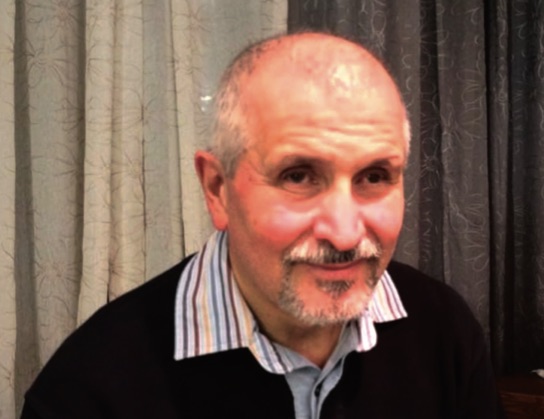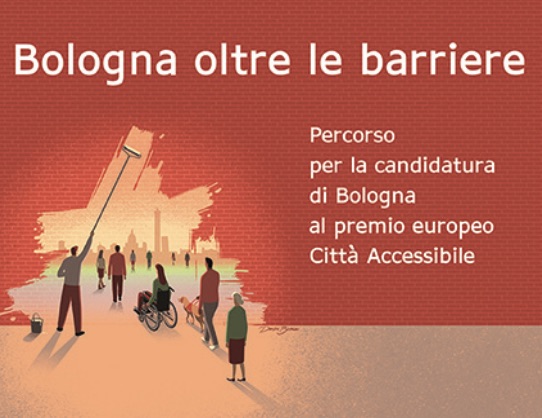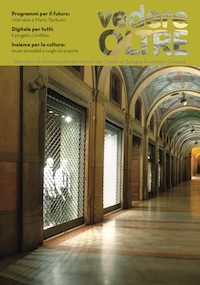In October 2016, the City of Bologna appointed Egidio Sosio as its first Disability Manager, an assignment that is drawing to a close, being related to the current municipal administration. These four years proved to be a period of great complexity, particularly in the initial phase in which the Disability Manager had to build his experience and understand the most appropriate ways to relate to the various areas and sectors of the administration. Integrating oneself and introducing requests for change in areas that were already well structured required great attention and humility, in order to create a constructive dialogue that would put administrators and technicians in a position to welcome the changes needed. A path to be built step by step, at all times, together with the various stakeholders involved. The Disability Manager engaged daily in building relationships and understanding the operations of the administration’s various organizational mechanisms.

Learning about the processes and practices is essential to be able to intervene from within and lead to a more accessible design in future projects. Similarly, work on programming tools was made possible by the emergence of a greater level of collaboration between the Disability Manager and the various technical and administrative departments. Thanks to this approach, it has been possible to carry out interventions such as the work on the general urban plan and the accessibility of the crescentone (the raised platform in the middle of Piazza Maggiore).
The administration also had to understand the role of the Disability Manager: not just a response to a need, but a real political figure with added value within. Over time, progress has been made, for example: the agreement between the Public Works Sector and the Cavazza Institute, which has enabled the Disability Manager to work alongside a professional expert in accessible design, allowing him to intervene in mobility and public works projects. It would be helpful if the discussion between the Disability Manager and the various sectors increasingly became a working method that included all the planning phases from the beginning, and not just a review of projects that had already been set up. In other words, guidelines should be acquired to move us in the direction of accessibility policy. For this reason, the Disability Manager has proposed the adoption not of a PEBA (plan for the elimination of architectural barriers) but of a PIUBO (plan for universal inclusion in Bologna), in which all social sectors are involved and listened to, not only the disability sector but also other potentially vulnerable groups. This approach has been formally accepted by the Municipality of Bologna and has been promoted by the "Bologna Beyond Barriers" initiative for the candidacy for the European Access City Award.

This process has created a cultural foundation in the administration and has required a great deal of work to share projects between the municipality and social stakeholders who have been involved in the area for years. Now that the journey of the Disability Manager is coming to an end, various fruits are being reaped, such as the ramp project, support for home to work transportation for people with disabilities, monumental tactile maps in the centre of Bologna and much more. There is undoubtedly still a long way to go, but with the certainty that the change in approach has finally made its way into the administration, it will be difficult to backtrack. In conclusion, I would like to acknowledge Egidio Sosio, whose comments led to this article, for the great commitment and passion he brought to his experience as Bologna’s Disability Manager.





.png)